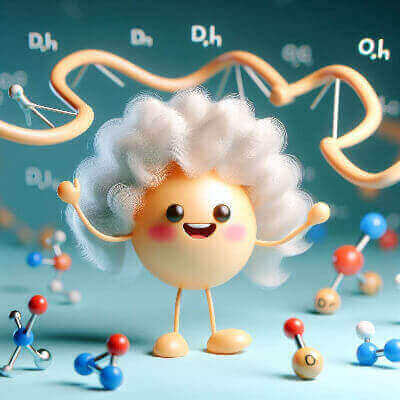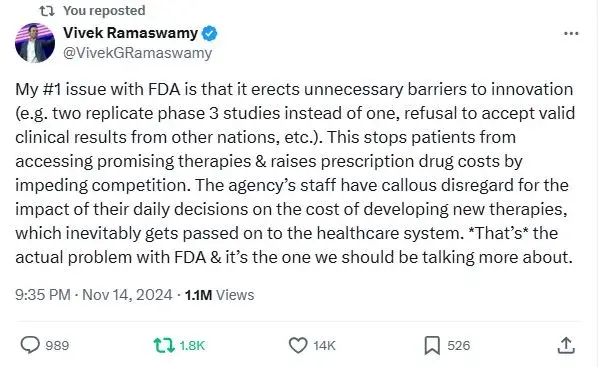In a year filled with so much new hair growth treatment related good news, sugar has taken an undeserved victory. In the past two weeks, I have received five e-mails related to this ridiculously overhyped story. In addition to a number of reader comments in recent posts. There is a good reason that sugar is the most addictive substance on earth.
Sugar (2-deoxy-D-ribose) and Hair Growth
The original story was based on a June 2024 study, whose summary was published on July 16 by the University of Sheffield. A naturally occurring sugar in our bodies called 2-deoxy-D-ribose (2dDR) seems to help hair growth in mice. However, the above official summary had the clickbait title: “Cure for male pattern baldness given boost by sugar discovery.”
The scientists behind this work are based at the University of Sheffield (UK) and at COMSATS University (Pakistan). Interestingly, Pakistan has the highest rate of diabetes in the world.
There are two major problems with the findings of this work:
- The hair growth was only proven in mice. See before and after images here.
- The 2dDR treatment proved to be 80 to 90 percent as effective as FDA-approved drug minoxidil in promoting hair regrowth. So this means that 2dDR is not a hair loss cure, even in mice. Minoxidil is not even remotely considered to be a cure for hair loss.
A huge number of articles have since been written about naturally occurring sugar being a side effect free cure for hair loss. Even the BBC got in on the game today with an article titled:
“Scientists may have finally found a cheap, natural cure for baldness.”
I reiterate that this is not a cure, despite all the exaggerated headlines. The topical “sugar” gel only modestly benefitted hair growth in mice.
This reminds me of 2018 when the global media distorted a study’s findings and started using the title: “French fry cure for baldness“. Everyone loves the idea of fries, sugar and beer curing hair loss or making hair thicker.
According to the study co-author Dr. Sheila MacNeil from the University of Sheffield:
“Our research suggests that the answer to treating hair loss might be as simple as using a naturally occurring deoxy ribose sugar to boost the blood supply to the hair follicles to encourage hair growth.”
Over the years, we have read about numerous drugs and products that proclaim to grow hair by improving blood flow. In all such cases, the benefits are very minimal. You will not bring back dead hair just by improving scalp blood flow.
To be fair to the BBC, they end their clickbait article with some warnings from Dr. Claire Higgins.
“Their theory stems from the urban legend that increased blood flow promotes hair growth. The link between blood flow and hair growth has not been conclusively demonstrated. I’d want to see the effect on human hair growth, bulb size and hair shaft thickness before I got too excited about the results.”
VEGF and Angiogenesis
I should also note that in 2020, these same scientists from the UK and Pakistan found that 2dDR upregulates vascular endothelial growth factor (VEGF) and stimulates angiogenesis (now blood vessel formation). Both of these side effects can also benefit hair growth. In fact Minoxidil upregulates VEGF, and platelet-rich-plasma contains VEGF, which can stimulate hair growth.
Hopefully, these results can be replicated in humans in the near future. The sugar delivery mechanism is via a convenient topical gel that will not be expensive. Moreover, any side effect free natural hair growth promoter is always welcome.
On a somewhat related note, a 2023 study from China became famous because of its conclusion: high sugar-sweetened beverage consumption is associated with a higher risk of male pattern hair loss.

